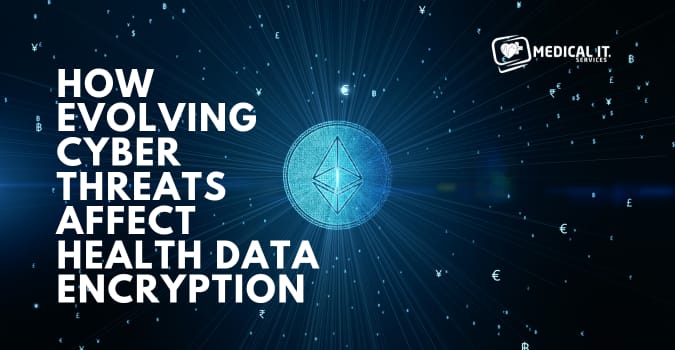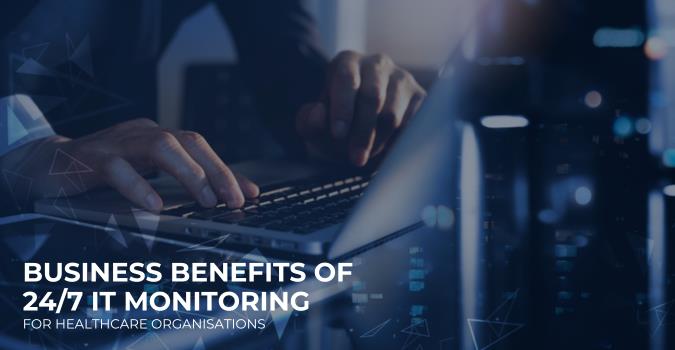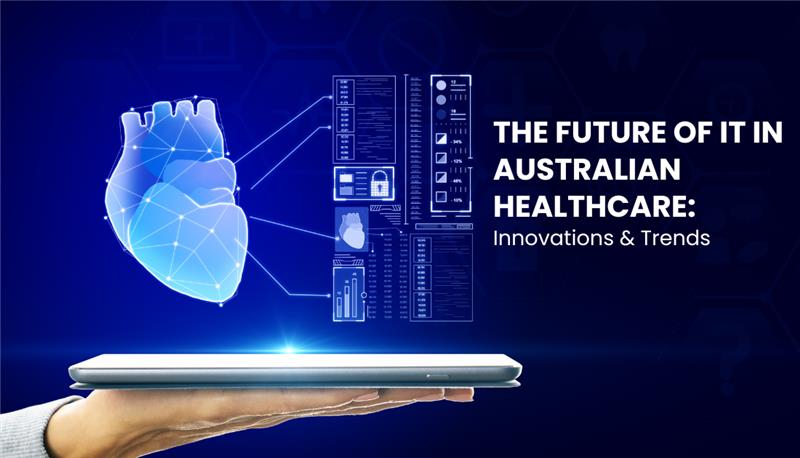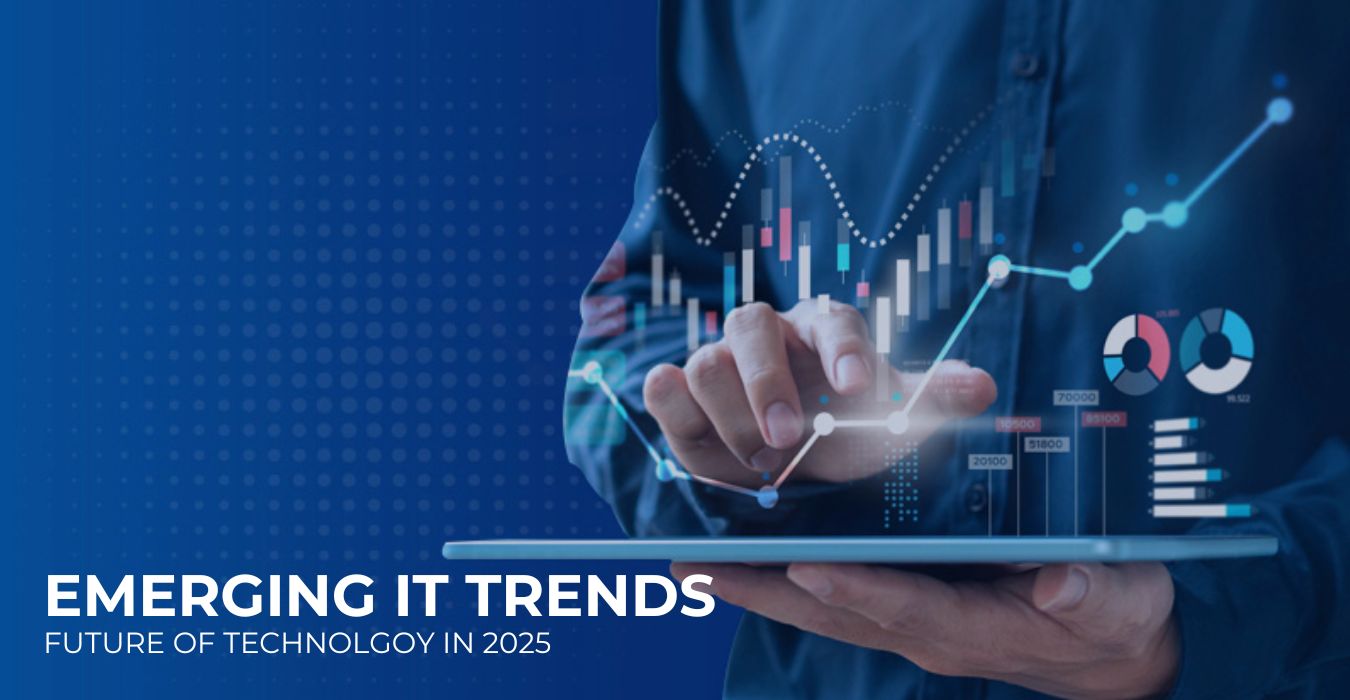Healthcare organisations rely on robust IT systems to manage patient records, facilitate telemedicine and support…

How Evolving Cyber Threats Affect Health Data Encryption
As cyber threats continue to evolve and become more sophisticated, the need for robust security measures is more critical than ever. In the healthcare industry, where sensitive patient data is constantly under attack, encryption plays a crucial role in safeguarding this information. This blog post will explore the evolving cyber threats in healthcare and the importance of data encryption in protecting patient safety and privacy.
Why Health Data Encryption is Crucial
Health data is particularly attractive to cybercriminals due to its sensitive nature and potential financial value. A single medical record can contain a wealth of information, including personal details, financial information, and medical diagnoses, which can be used for identity theft, insurance fraud, or even blackmail.
Encrypting health data helps to protect it from unauthorized access and use. By scrambling the data into an unreadable format, encryption makes it difficult, if not impossible, for even the most skilled hackers to access and decipher the information.
Evolving Cyber Threats in Healthcare
The healthcare sector is experiencing a surge in cyberattacks, with incidents such as phishing, ransomware, and malware attacks becoming more frequent and sophisticated. The consequences of these attacks can be devastating, compromising patient privacy, disrupting healthcare services, and even endangering lives.
Ransomware Attacks: Ransomware attacks are a growing threat to healthcare organisations. In these attacks, cybercriminals encrypt critical data and demand a ransom payment in exchange for the decryption key.
Supply Chain Attacks: Cybercriminals are increasingly targeting third-party vendors who provide services to healthcare organisations. By gaining access to a vendor’s network, they can then compromise the healthcare organisation’s data.
Zero-Day Attacks: Zero-day attacks exploit vulnerabilities in software that are unknown to the software vendor. These attacks are particularly dangerous because there is no patch available to fix the vulnerability.
Importance of Health Data Encryption
Data encryption is an essential component of healthcare cybersecurity. It helps protect sensitive patient information from unauthorized access and ensures the continuity of effective healthcare delivery. Some key reasons for the importance of data encryption in healthcare include:
Protecting patient privacy: Encryption safeguards patients’ protected health information (PHI) and ensures compliance with privacy regulations like HIPAA.
Mitigating cybersecurity risks: Encryption is a crucial measure to reduce the risk of cyberattacks and data breaches, which can be costly in terms of both money and reputation for healthcare organisations.
Ensuring patient safety: Cyberattacks can disrupt healthcare services and endanger patients’ lives. Data encryption helps maintain the integrity of healthcare systems and ensures their availability to patients when needed.
Best Practices for Health Data Encryption
To address the evolving cyber threats in healthcare, organisations should adopt a proactive and collaborative approach to cybersecurity. Some strategies for improving cybersecurity in healthcare include:
Keeping software up-to-date helps minimize vulnerabilities that cybercriminals can exploit.
Implementing strong authentication protocols, such as multi-factor authentication.
Encrypting data ensures that sensitive patient information is protected from unauthorized access.
Providing cybersecurity training to employees can help raise awareness of potential threats.
Strengthening Health Data Security with MedicalIT.Services
In today’s evolving threat landscape, it is essential for healthcare organizations to take a proactive approach to data security. MedicalIT.Services provides a comprehensive suite of solutions to help you protect your data, including:
Data Backup and Disaster Recovery: Ensure that your data is always backed up and can be quickly recovered in the event of a disaster.
Security Monitoring and Threat Detection: Monitor your systems for suspicious activity and detect threats before they can cause damage.
Vulnerability Management: Identify and patch vulnerabilities in your systems to prevent cyberattacks.
Incident Response: Quickly respond to and contain cyberattacks to minimize damage.
Don’t wait until it’s too late to protect your health data. Contact us today to learn more about our healthcare cybersecurity solutions and how we can help you keep your data safe.



